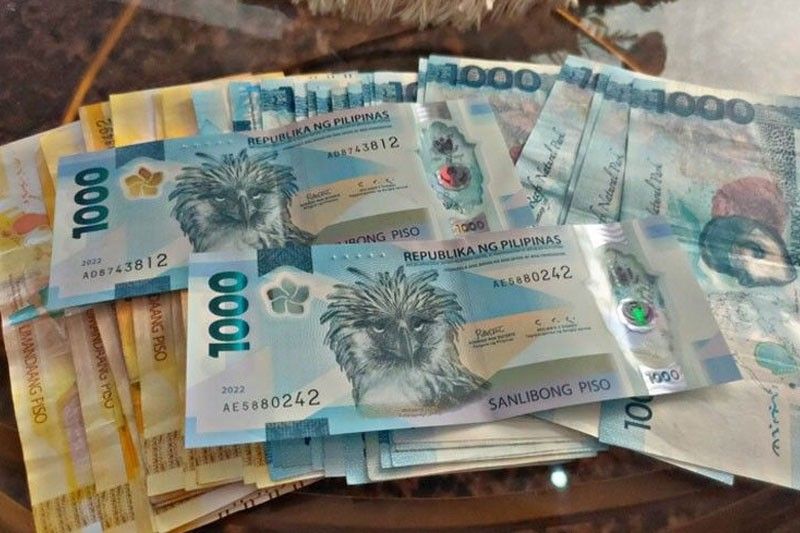PDIC extends up to P1M deposit insurance to Islamic banks

MANILA, Philippines — Islamic banks and banking units are now covered by the Philippine Deposit Insurance Corp. (PDIC), ensuring that depositors are protected even if these banks close or go bankrupt.
In a statement on Wednesday, May 21, the PDIC said deposits in Islamic banks are now insured just like conventional bank deposits up to the maximum coverage of P1 million per depositor, per bank.
The new maximum deposit insurance coverage took effect on Marchc 15.
“The expansion of deposit insurance to include Islamic deposits guarantees that depositors of Islamic banks have the same level of protection as those of conventional banks, thereby fostering confidence in the Islamic banking system,” PDIC President and CEO Roberto Tan said.
What sets Islamic banks apart from conventional banks is their adherence to Shari’ah or Islamic Law, which prohibits interest and instead promotes profit-and-loss sharing and asset-backed transactions.
The PDIC said there were around 12,514 Islamic deposit accounts in the banking system as of December 2024.
But how do Islamic banks earn? Unlike conventional banks that primarily profit from interest on loans, Islamic banks operate through profit-and-loss sharing and asset-backed financing.
This means they earn by providing capital to businesses in exchange for a share of the profits, or through buying and selling assets, rather than charging interest.
They offer alternative income-generating arrangements, as well as Islamic insurance and bonds, in hopes of attracting both local and foreign investors, boosting halal exports, and strengthening trade with Muslim-majority countries.
The PDIC lauded the development as it promotes financial inclusion and strengthens the Islamic banking sector in the country.
The Philippines passed Republic Act 11439 in 2019 to promote financial inclusion among the underserved Muslim population and tasked the Bangko Sentral ng Pilipinas with regulating and supervising Islamic banks.
- Latest
- Trending

























